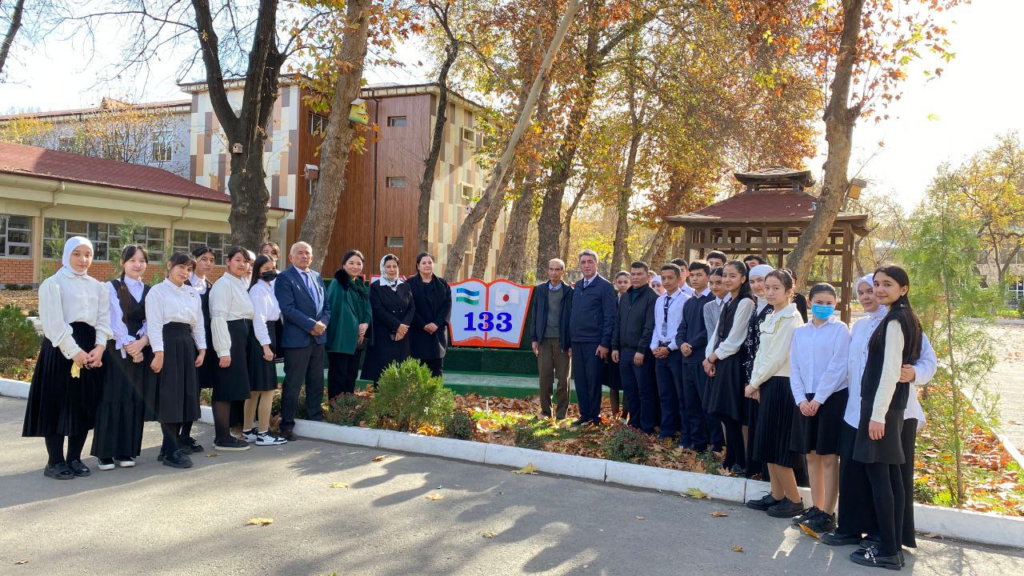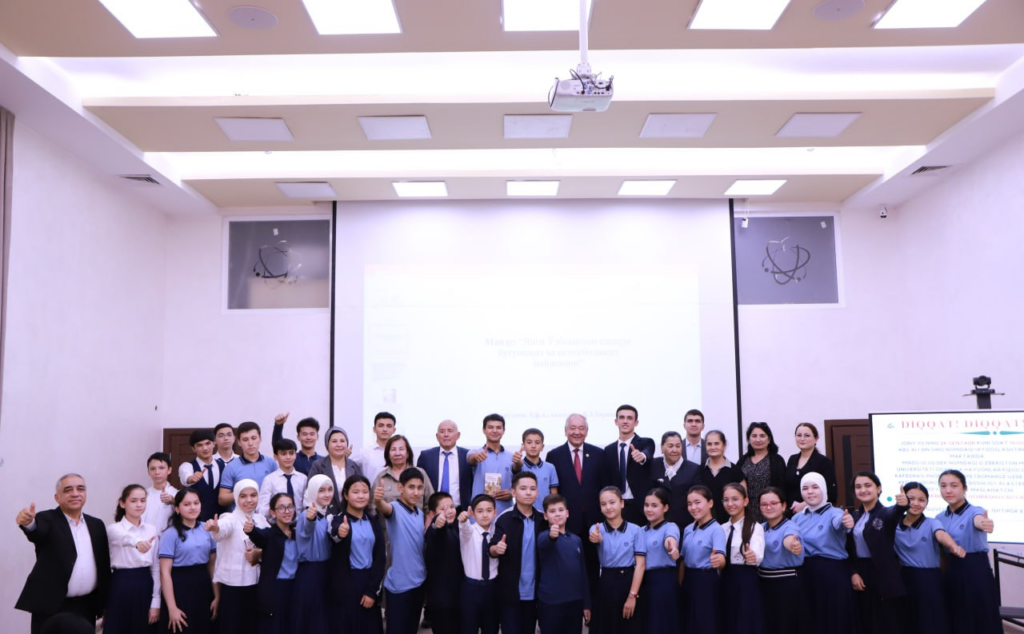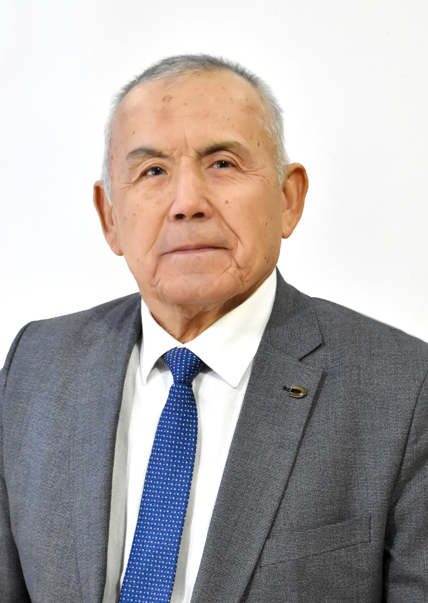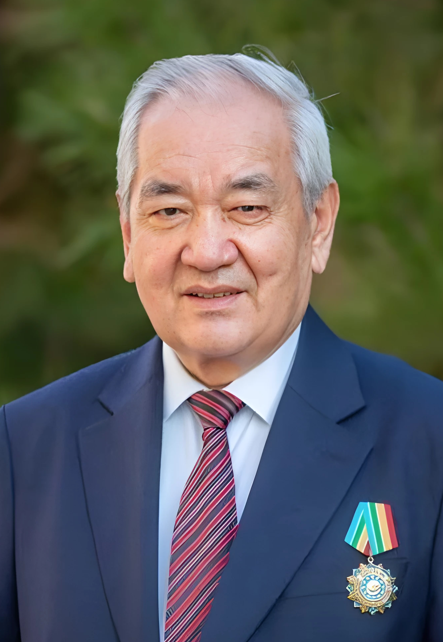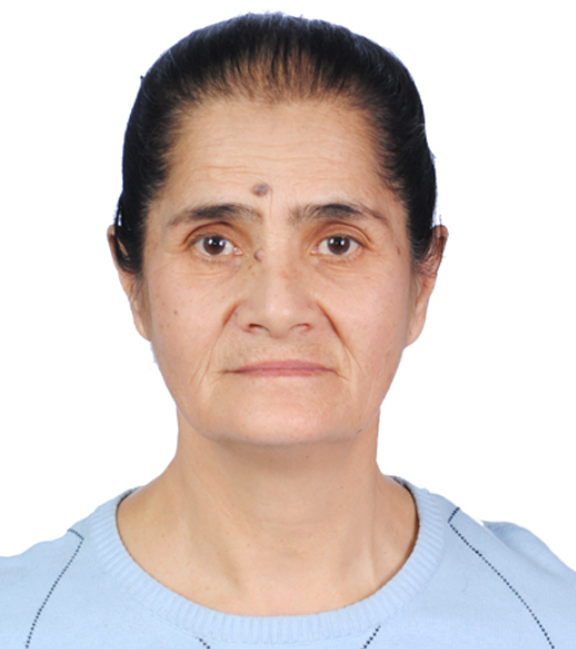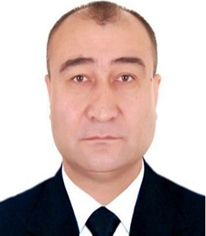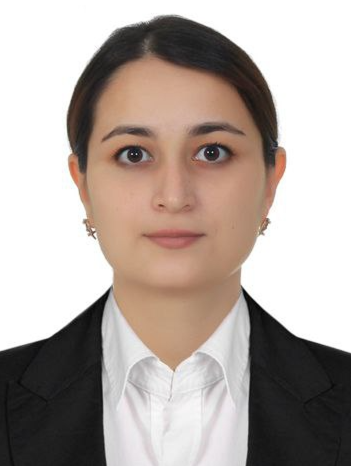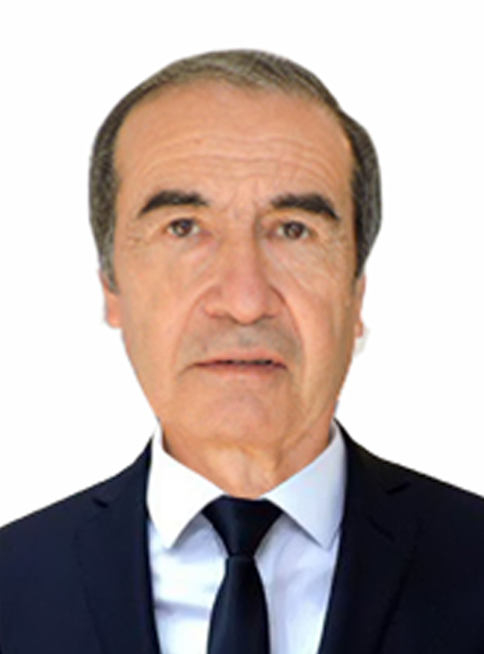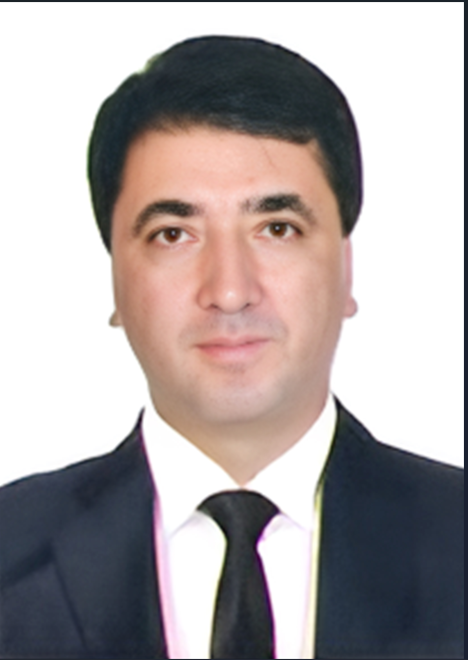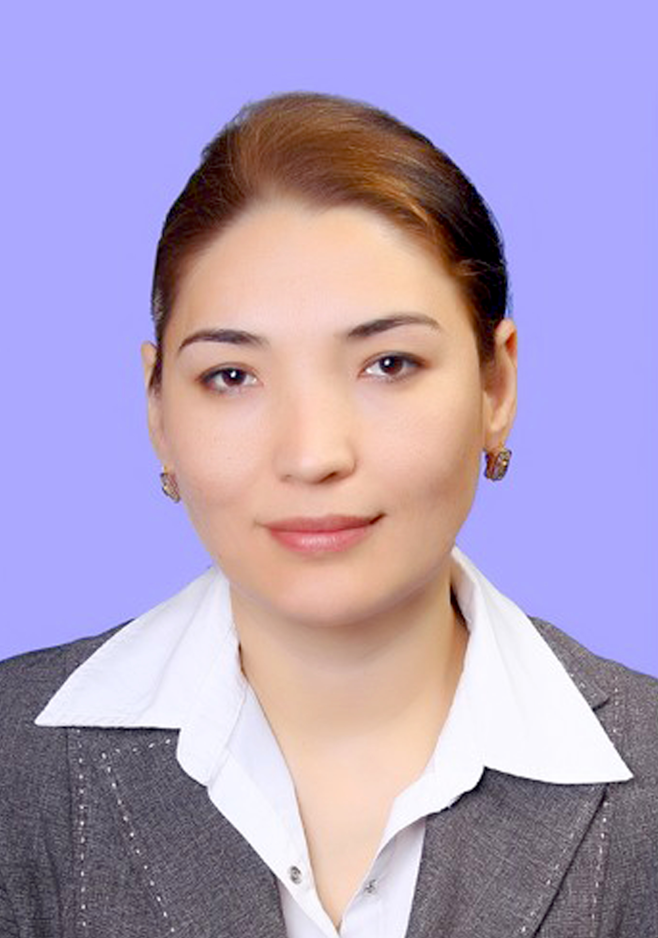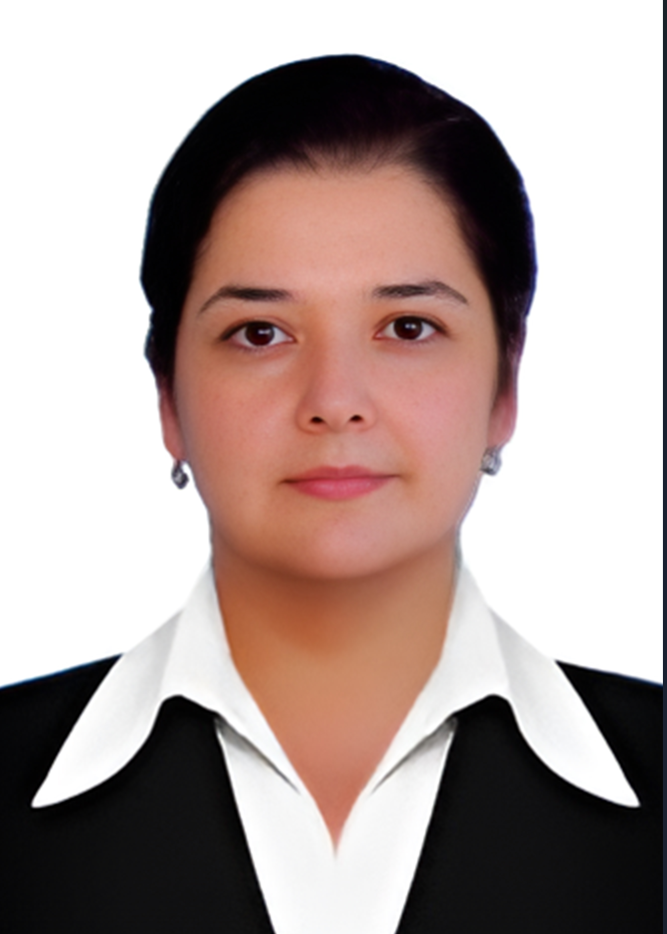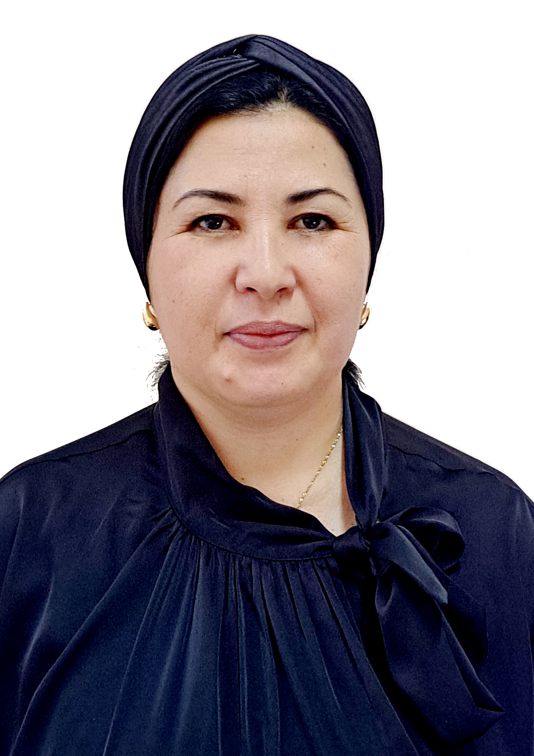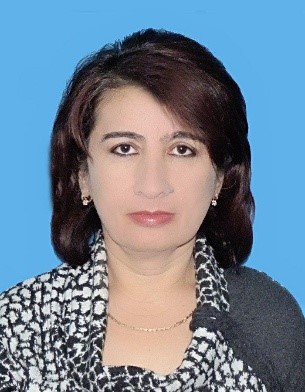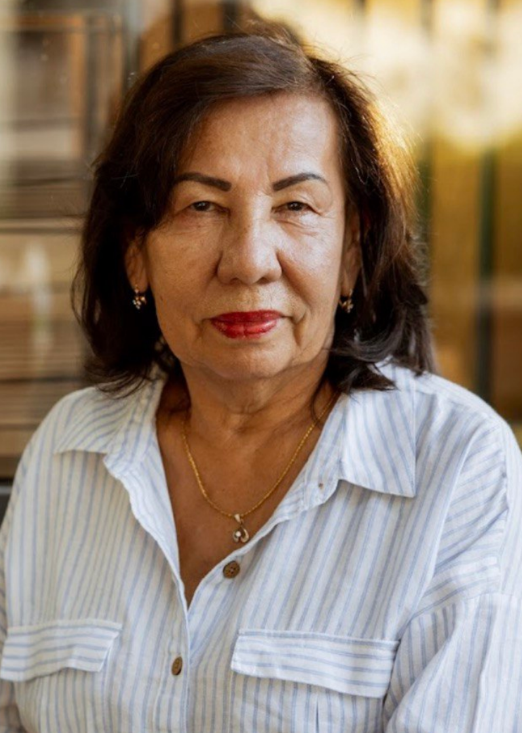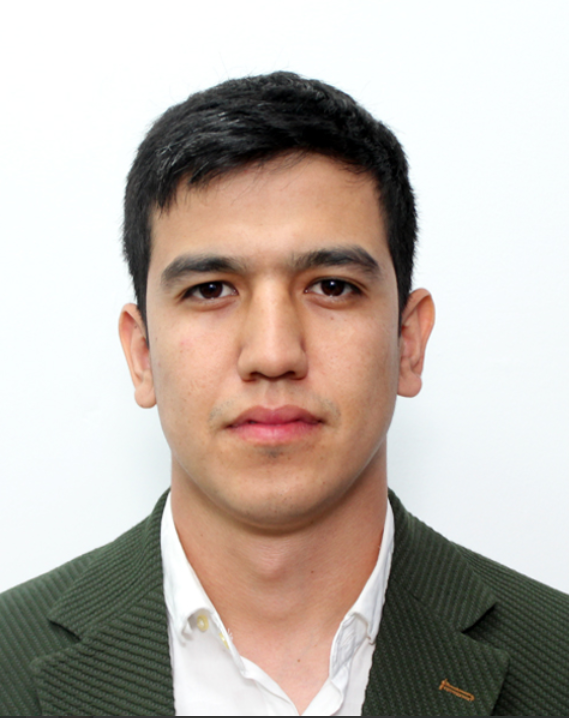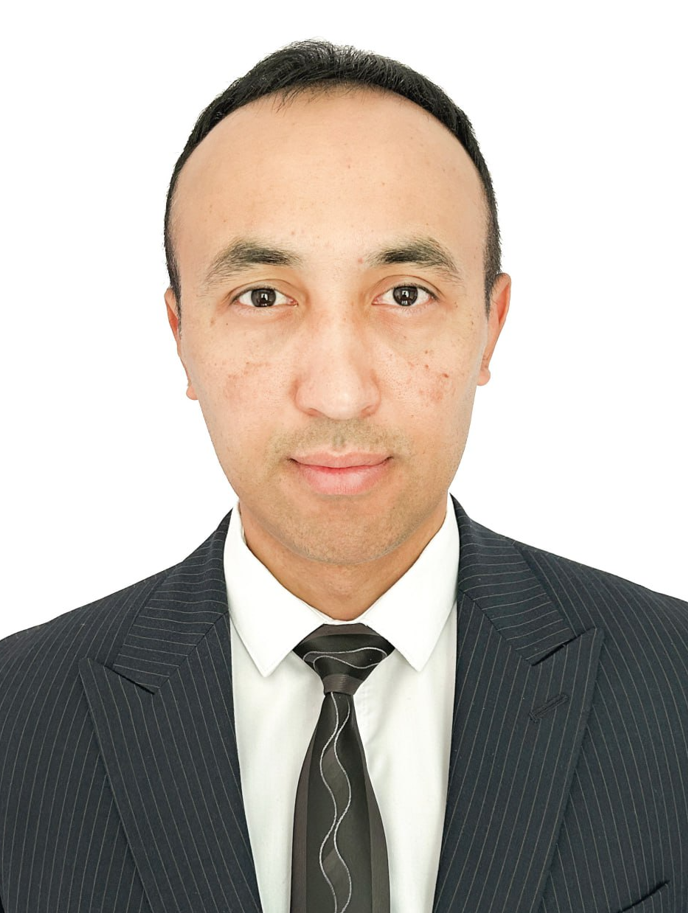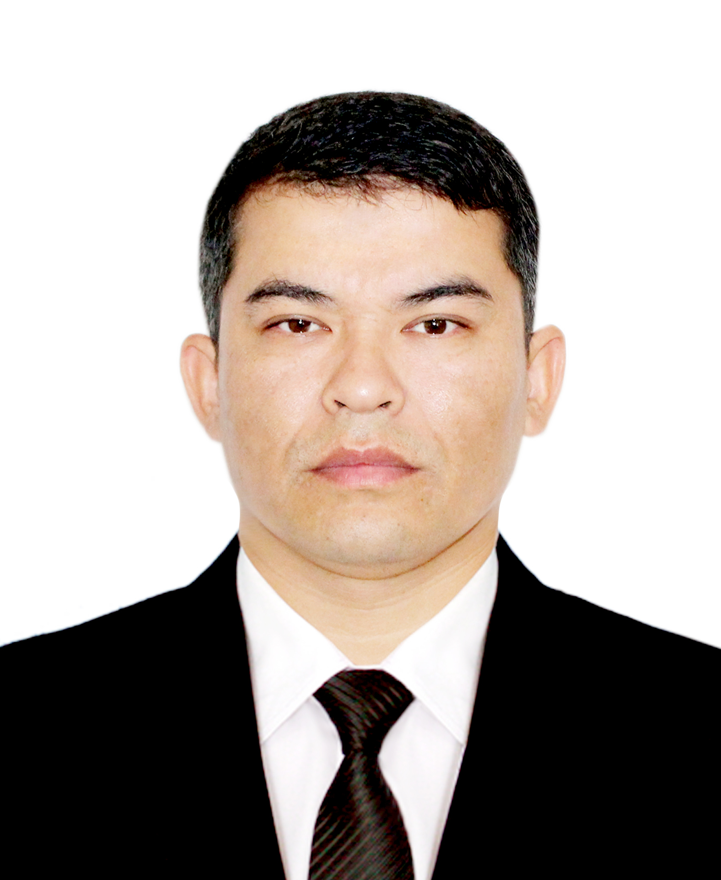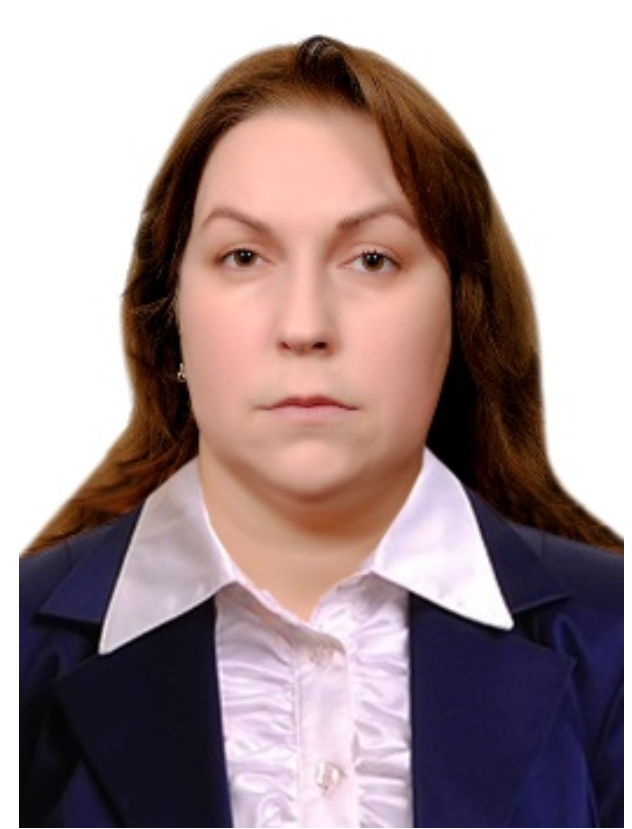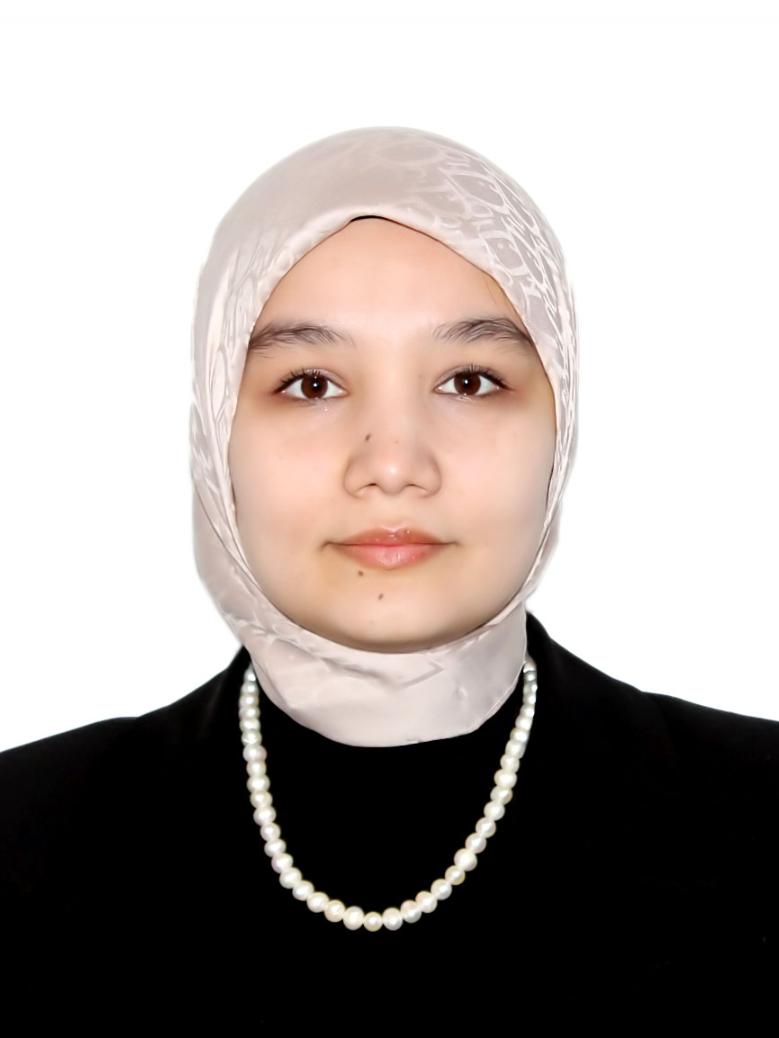The Department of Physiology and Biochemistry was established in 1920 by Professor E.F. Poyarkov. The following scientists have headed the Department of Human and Animal Physiology at the National University of Uzbekistan:
- 1920-1926 – Prof. E.F. Poyarkov
- 1926-1940 – A.I. Venchikov
- 1940-1962 – A.I. Izrael
- 1962-1976 – Prof. A.S. Shatalina
- 1976-1985 – A.K. Hamroqulov
- 1986-1993 – Academician B. Zaripov
- 1994-2011 – K.T. Almatov
- 2011-2013 – Prof. L.S. Kuchkarova
- 2013-2014 – G.M.-K. Djabbarova
- 2014-2021 – Z.A. Mamatova
- 2021-2023 – B.A. Kaxarov
- Since 2024 – Associate Professor M. Allamuratov
Research Activities of the Department
The department conducts research in the following areas:
- Investigating the effects of high temperatures and toxic substances on various physiological and biochemical processes in the body and exploring ways to restore these processes.
- Studying the impact of various biologically active compounds and flavonoids on metabolism and energy exchange.
- Examining the effects of heavy metal salts on the assimilation of substances in developing organisms.
- Comparative physiology and ecology of digestion and nutrition.
Department Staff
Currently, the department employs 18 faculty members, including:
- 1 academician (B.Z. Zaripov)
- 1 professor
- 10 associate professors
- 3 senior lecturers
- Other teaching staff
A detailed list of faculty members with their positions and academic credentials follows.
